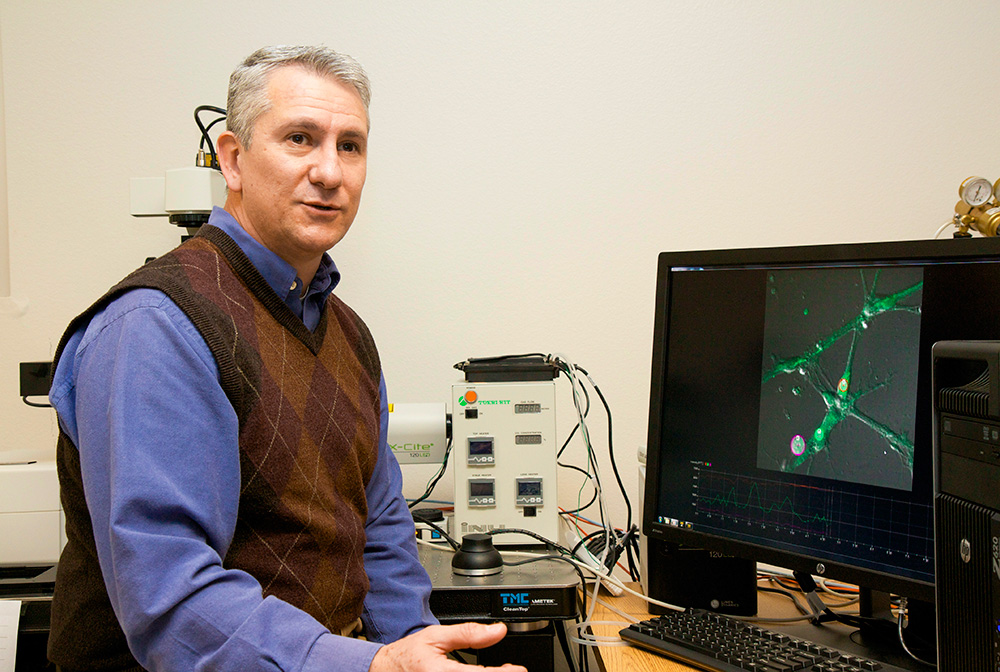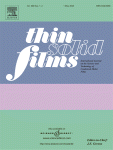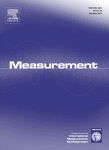
A journal is retracting a paper linking radio waves from cell phone towers to pain in amputees, despite objections from the authors.
“Anthropogenic Radio-Frequency Electromagnetic Fields Elicit Neuropathic Pain in an Amputation Model,” originally published Jan. 16, 2016 in PLOS ONE, suggested that rats with injured nerves experienced pain when exposed to the type of electromagnetic radiation emitted by cell phone network towers. A press release issued by the University of Texas at Dallas (UT-Dallas) — where the corresponding author Mario Romero-Ortega and two co-first authors are based — said that this phenomenon has been reported anecdotally by people missing limbs.
But the study, especially its methodology, met with immediate criticism in the article’s comment section. PLOS ONE noted in March 2016 that the authors had contacted the journal regarding an error in some of the exposure levels reported in the study, which journal staff were “looking into.” In December 2016, the journal told the authors it was going to retract the paper. Now, more than one year later, it finally has.
Ken Foster, a professor at the University of Pennsylvania who commented in February 2016 that the paper was “hopelessly flawed,” told us: Continue reading Journal retracts “hopelessly flawed” paper linking cell phone radiation to pain








